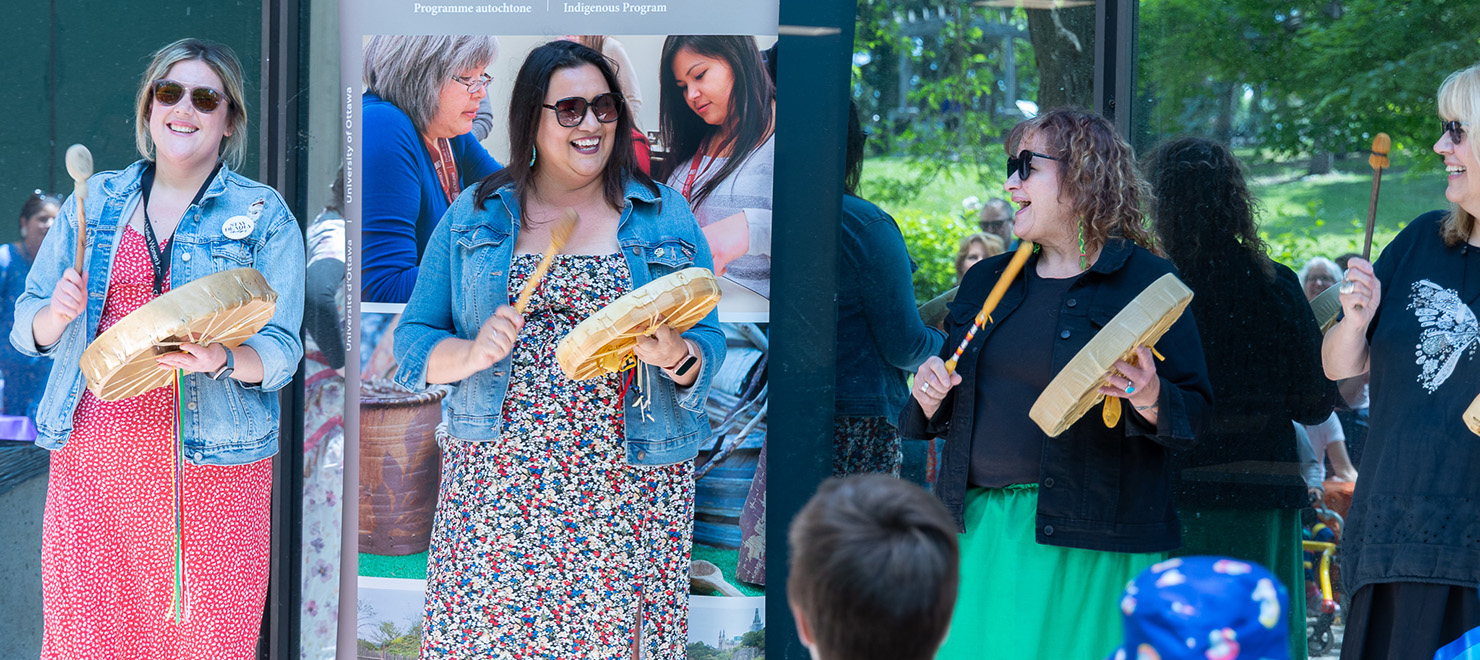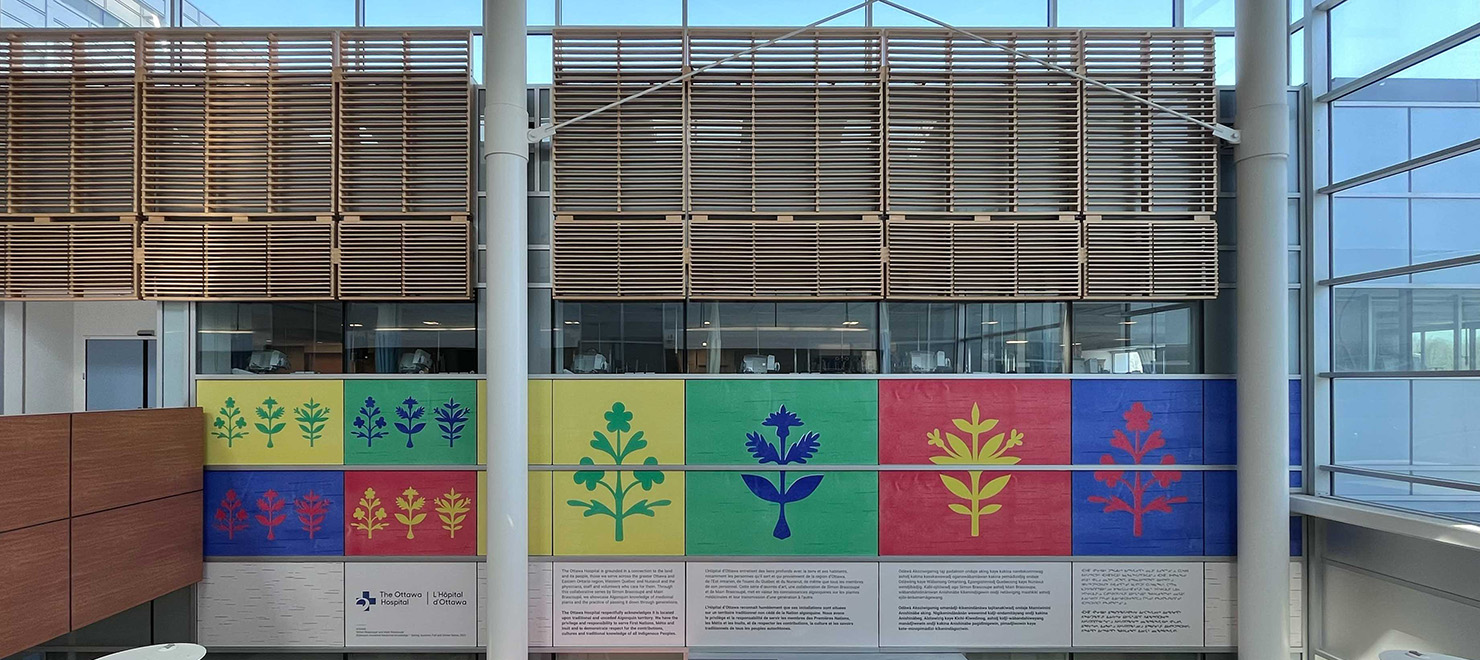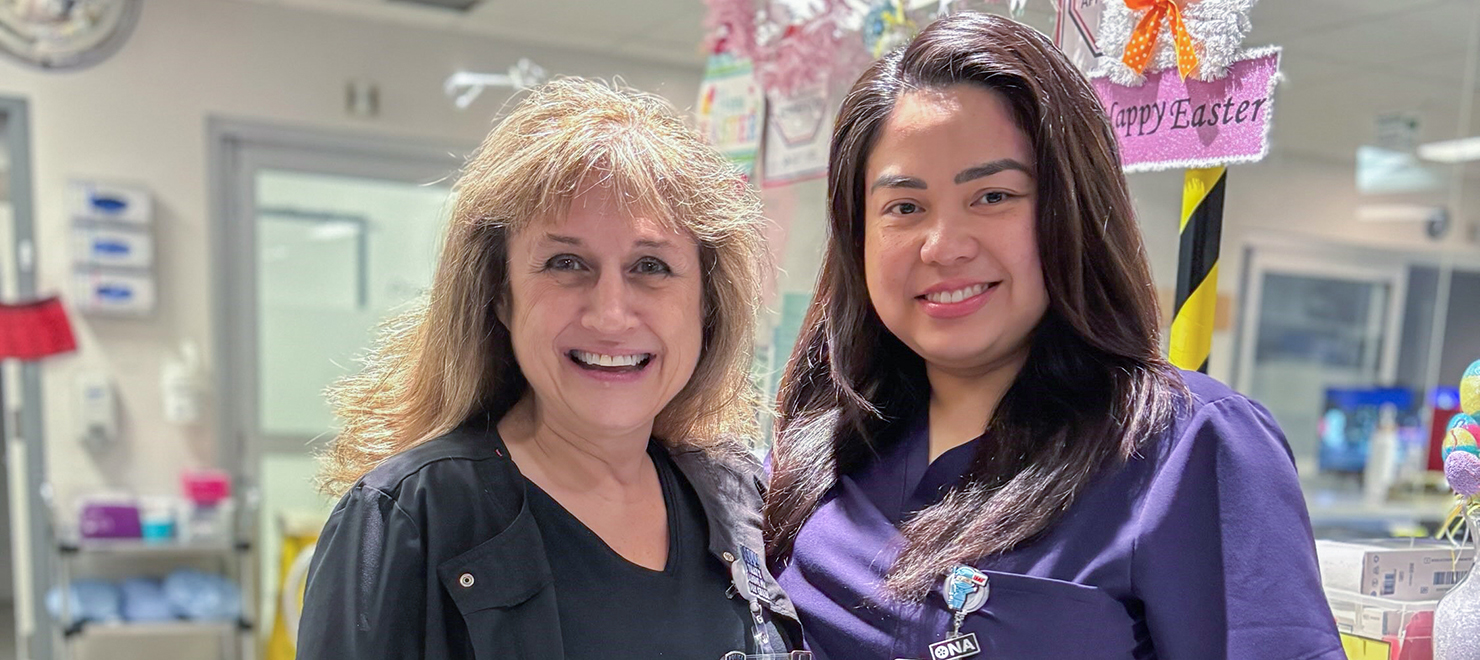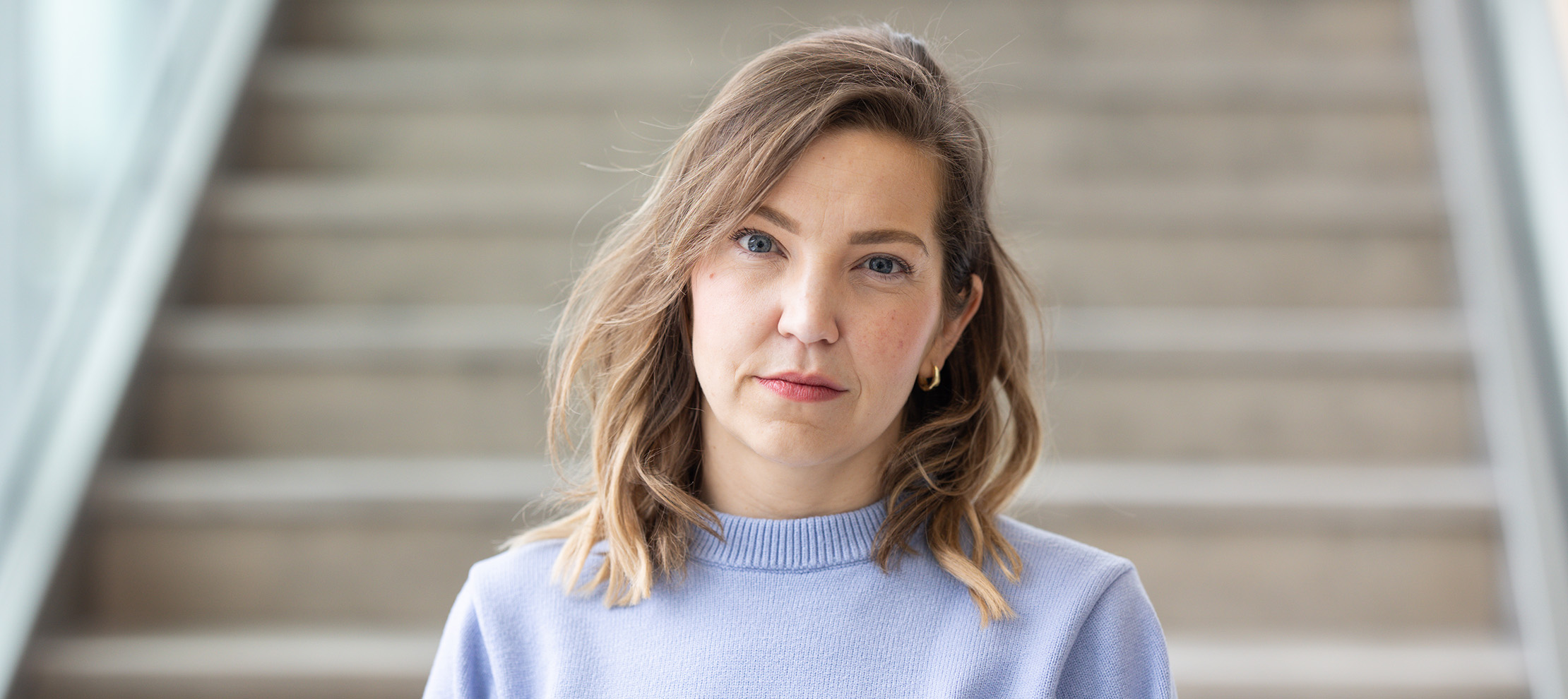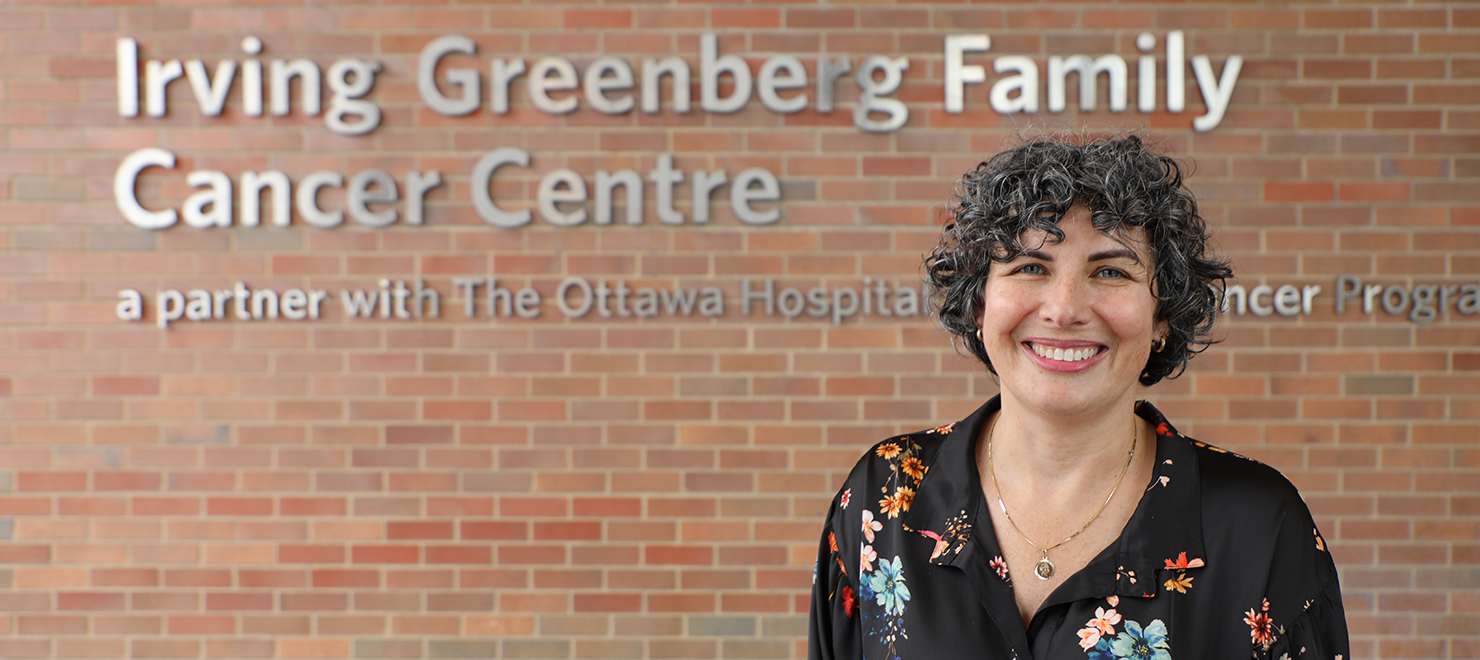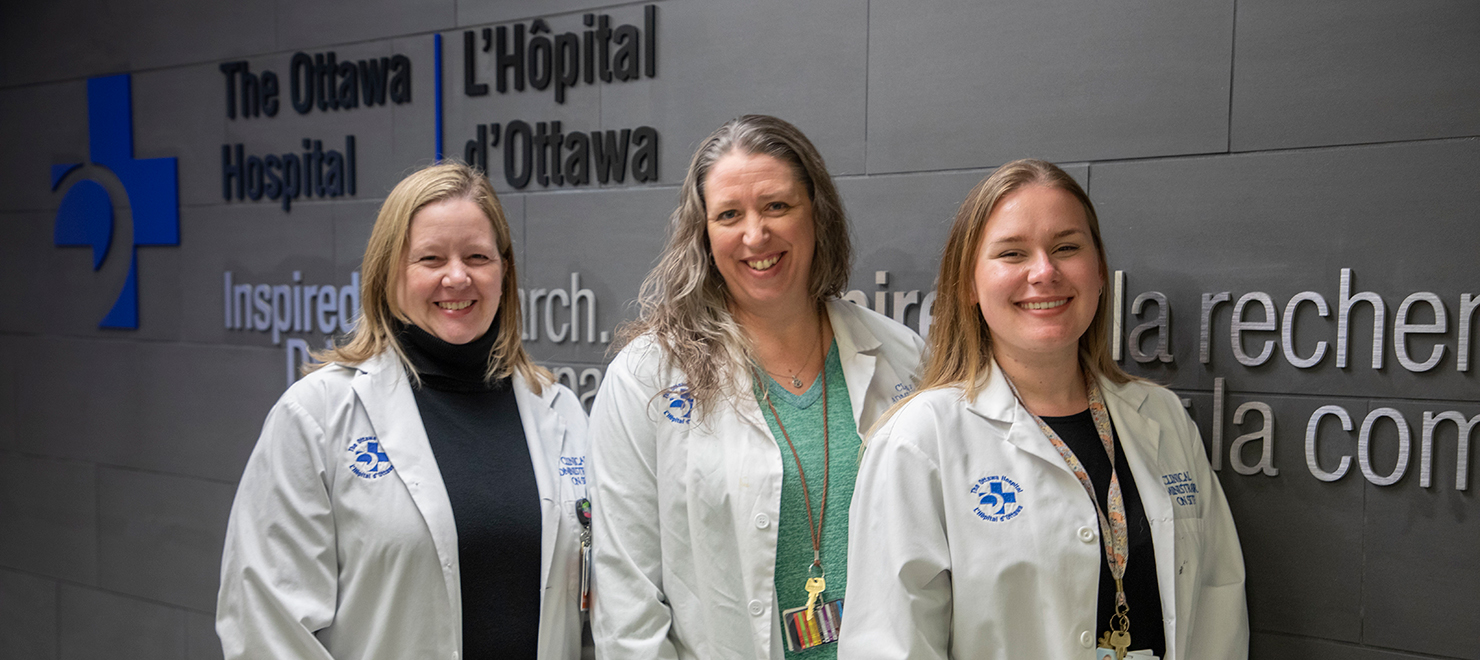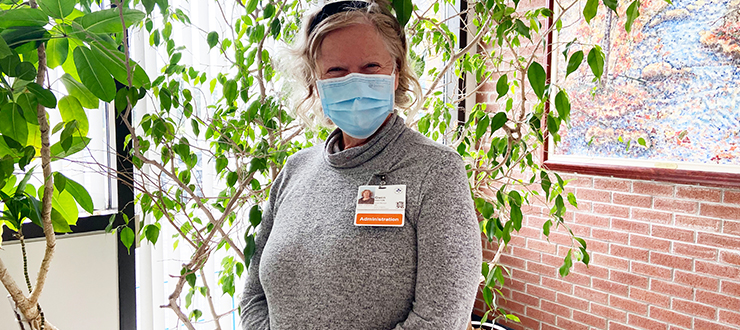
The COVID-19 pandemic has spurred The Ottawa Hospital to provide world-class care in new and innovative ways. For Inuit patients who have to come from Nunavut to The Ottawa Hospital for cancer care, this innovation is especially important.
Take breast cancer patients from Nunavut as one example. Before COVID-19 struck, women who were undergoing breast cancer treatment with the drug Herceptin had to travel from their home communities in Nunavut to Ottawa every three weeks for up to nine months to receive it.
That travel schedule is grueling enough at the best of times. But now, with COVID-19 travel and isolation restrictions in place, patients would have to isolate in a hotel for two weeks in Ottawa and have no medical appointments for the next 21 days before being allowed to board a plane back to Nunavut.
In other words, for these patients, going back home between treatments would be impossible.
Gwen Barton, manager of the Indigenous Cancer Program and the team at The Ottawa Hospital quickly devised a solution so that these patients could receive their cancer treatment at Qikiqtani General Hospital (QGH) in Nunavut.
“We ramped up the process to have this drug delivered in Nunavut,” she said, which included training, writing a new policy and order set and ensuring the drug was available in the territory.
Jennifer Newton, a nurse educator at The Ottawa Hospital provided training to doctors and nurses at QGH via virtual technology on how to administer the medicine and what to do if a patient had a reaction. Christine Weatherston, Drug Information and Nunavut Pharmacy lead at The Ottawa Hospital also worked closely with QGH’s pharmacy to ensure everything was in place.
“We really worked fast on this,” said Barton. “Within a couple of weeks, it was ready to go. The amount of collaboration between our cancer care team and the health-care providers in Iqaluit was quite impressive.”
The first dose of Herceptin was given to a patient in Nunavut with breast cancer on September 11.
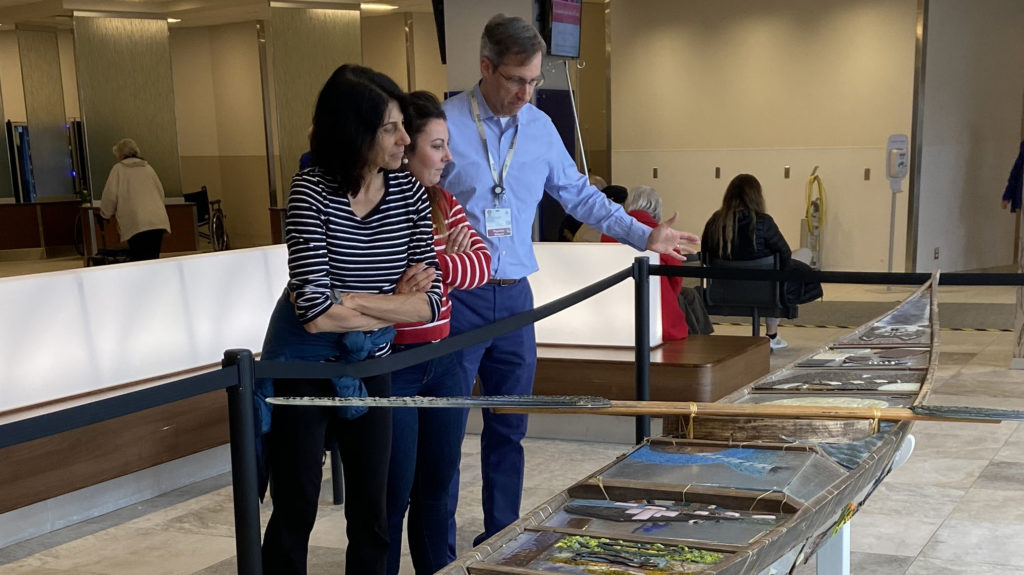
Dr. Patricia DeMaio, a family physician at QGH reported that “our first dose went perfectly well today with no complications! The patient was very happy. Thank you for all your support, assistance and encouragement!”
Dr. Francois de Wet, Territorial Chief of Staff, Nunavut wrote, in part:
“I want to thank The Ottawa Hospital oncology team, …for this great initiative for Nunavut cancer patients. From the start it was a collaborative relationship between my team and the team in Ottawa. It has reinforced to me again (as many times before) the strong commitment that TOH has to the health and welfare of Nunavummiut.”
This achievement was a big step forward in an established partnership between The Ottawa Hospital and QGH.
Over the last few years, The Ottawa Hospital cancer care staff including Barton and Dr. Tim Asmis, medical oncologist, director of the Oncology Fellowship Program at The Ottawa Hospital and associate professor at the University of Ottawa and other cancer specialists from the hospital visited the QGH in Iqaluit, giving a cancer-care 101 workshop and developing a strong relationship with QGH health-care staff.
Then last fall , before COVID-19 struck, four doctors and five nurses from QGH came to The Ottawa Hospital Cancer Centre for a series of week-long sessions to observe how patients receive treatment and care.
“Throughout The Ottawa Hospital’s ‘observership’ program, our guests were able to see how to navigate the system,” said Barton. “They spent time with medical and radiation oncologists, , nurses in the clinics and chemotherapy unit as well as the palliative care team. They were able to meet Nunavut patients who were receiving consultations and treatments here.”
QGH family doctor Anita Gaucher reported that previously when she sent patients to The Ottawa Hospital, she had “no idea what happens to them.” Seeing that process and meeting Cancer Centre staff face-to-face was invaluable.
“Now, I can phone someone directly and ask them, ‘What’s the prognosis? Will chemo be necessary?’,” Gaucher said. “If I can be a better advocate for my patients, then that would be good.”
Trista Bennett, RN, Acting Manager of QGH’s Home and Community Care Program, was impressed with the caring staff.
“It was encouraging for us to know that they also wanted to learn about our communities, and what the barriers are for Inuit patients,” said Bennett.
Understanding the unique needs of Nunavut patients and improving communication between both hospitals is an important step to improving their care.
“Every single team member here knows the story of Inuit with cancer and is incredibly moved by it,” said Dr. Asmis. “Everyone involved is trying to make it better.”

Support patient care and research at
The Ottawa Hospital
You might also like…
Celebrating the summer solstice and National Indigenous Peoples Day: A photo essay
The summer solstice has deep spiritual and cultural significance for Indigenous communities around the world. Last week, we joined CHEO and uOttawa for a special celebration to mark this important time of year, and to recognize the rich cultures of First Nation, Inuit and Métis Peoples.
A guide to services at The Ottawa Hospital for Indigenous patients and families
At The Ottawa Hospital, we are committed to providing culturally safe care for First Nation, Inuit and Métis patients and families. We are working with Indigenous partners to identify ways we can make your time in hospital more welcoming. Here are some of the ways we’re doing that now.
Novice nurses and their mentors learn and grow together
Discover how mentorships at The Ottawa Hospital facilitate a smoother transition into practice for novice nurses, allow experienced nurses to hone their leadership skills, and play a crucial role in retaining nurses from both generations.
“My story doesn’t have to be your story”: New screening test better at preventing cervical cancer
“I went from being a 32-year-old new mom to a cancer patient with an incurable diagnosis.” Alicia’s journey underscores the critical role of HPV testing in preventing cervical cancer. Discover how the new HPV test can save lives and find out how to book your cervical screening appointment with our “Superscreener.”
By thinking differently, this research team is improving the lives of people with cancer
Taking a different approach to clinical trials, the REthinking Clinical Trials (REaCT) program aims to answer some of the most important and practical questions that affect both patients with cancer and our health-care system. Find out what sets REaCT apart and makes the program so special to participants like Beth.
Meet the team that brings CAOS every night
Don’t let the CAOS team’s name fool you. Find out how these nighthawks help make sure everything runs smoothly at our campuses and satellite sites after hours.


 To reset, hold the Ctrl key, then press 0.
To reset, hold the Ctrl key, then press 0.
